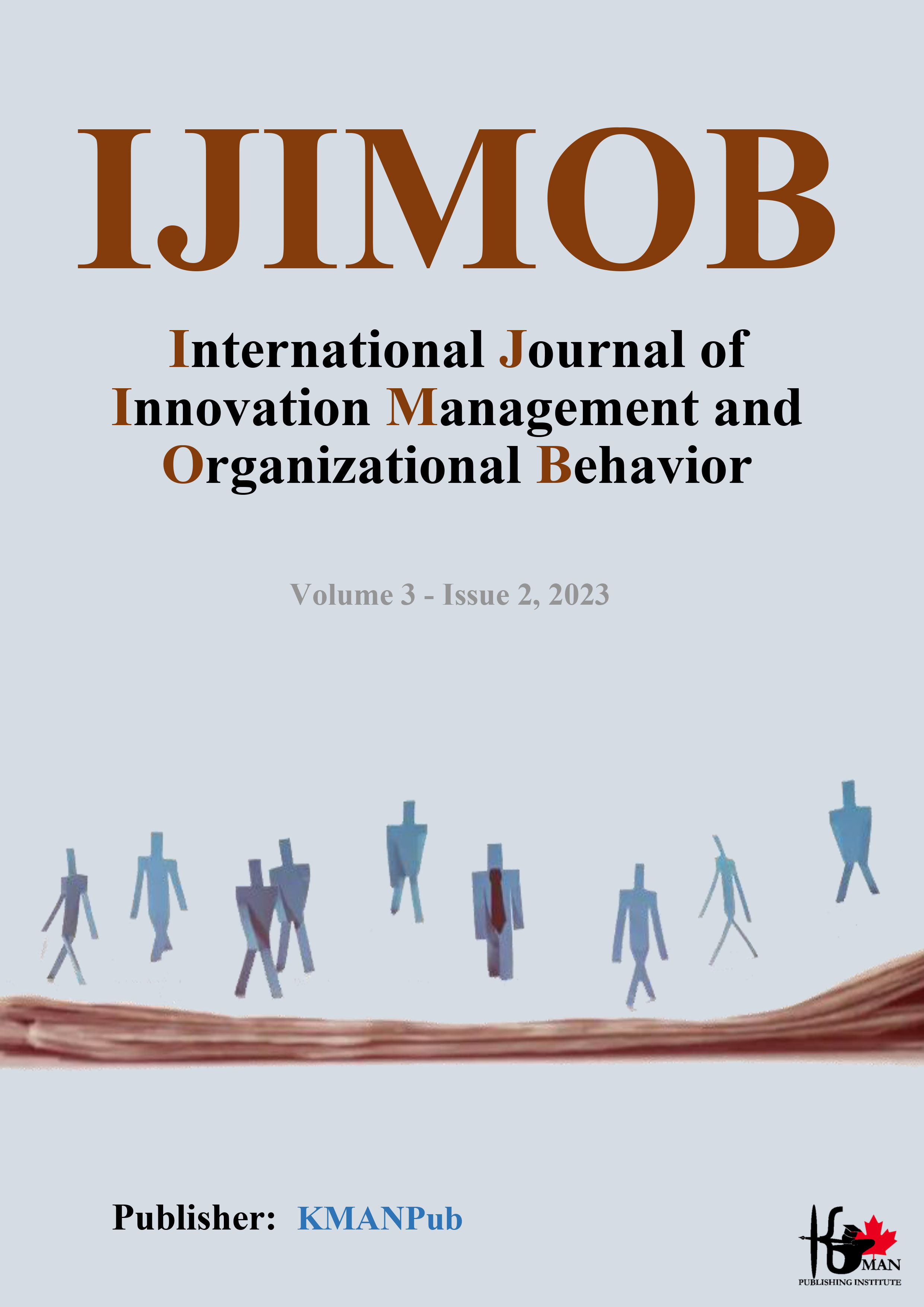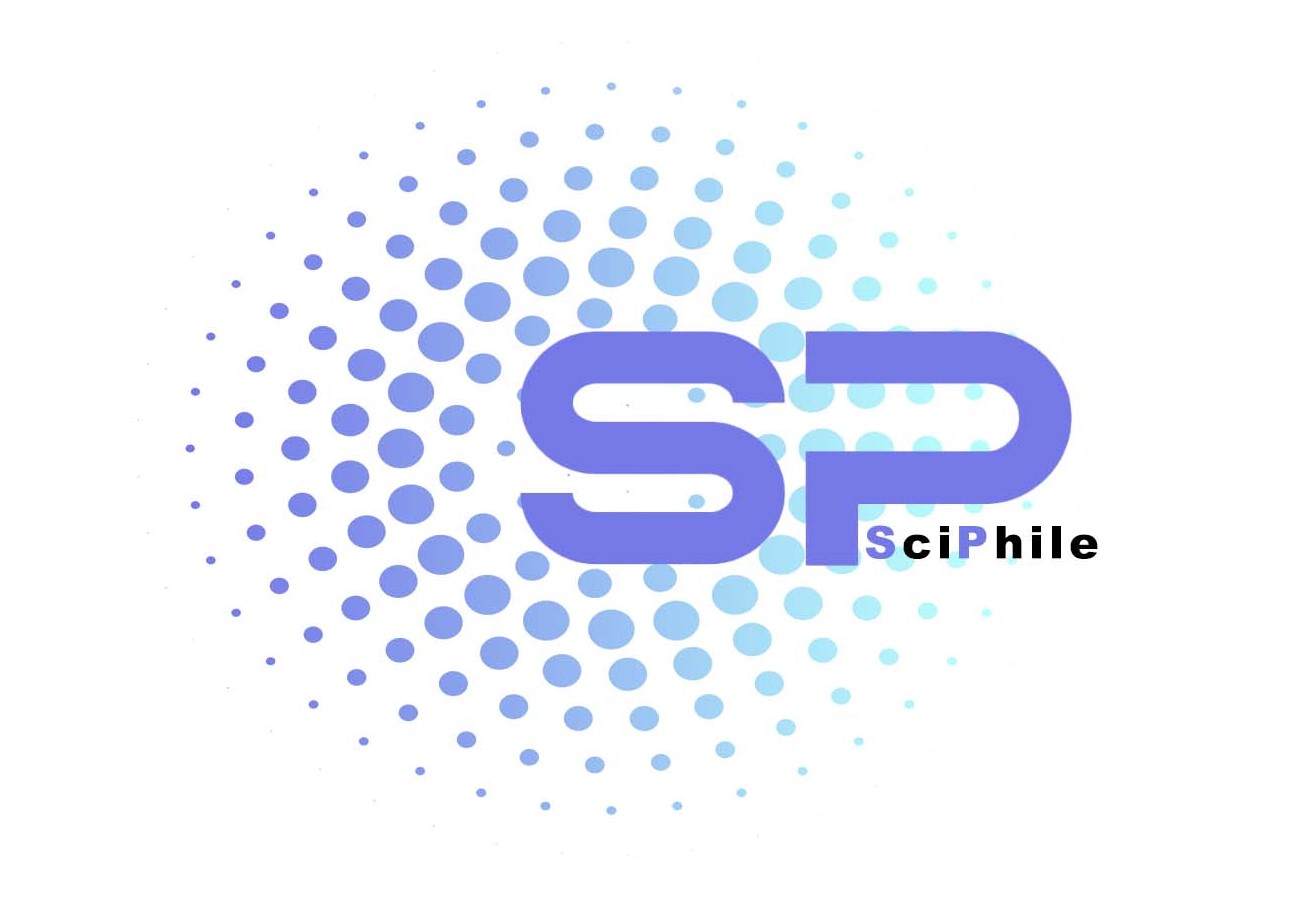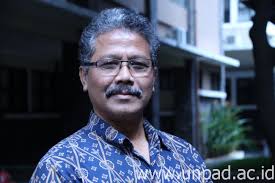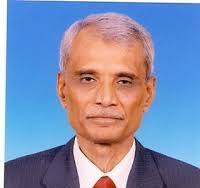Designing a Development Model for Agile Process Implementation Policies Based on Social Capital in the Banking System: A Grounded Theory Study
Abstract
Objective: This study aimed to design a model for developing agile process implementation policies based on social capital in the country's banking system.
Method: The research is applied-developmental and qualitative in nature, conducted through grounded theory. The research population consists of academic and non-academic experts in the field of banking management. Sampling was performed using theoretical sampling through a snowball method, which eventually achieved theoretical saturation with 20 individuals. Semi-structured interviews were used as the data collection tool, and interviews were analyzed using a research execution method based on grounded theory strategy, coding, and the paradigm model of Strauss and Corbin.
Findings: According to the paradigm model, causal conditions include human capital, economic capital, and social capital, which significantly affect the development of agile process implementation policies based on social capital (the central phenomenon). Meanwhile, agile process implementation policies are realized under contextual conditions such as technological infrastructure reforms and customer responsiveness, necessitating environmental, internal organizational, and banking stakeholder evaluations as contextual conditions, strengthened through strategies like upper-level support, meritocracy, motivation, agile process management, training, research and development, strengthening social groups, and enhancing trust among customers.
Conclusion: Ultimately, the development of agile process implementation policies based on social capital in banks will lead to outcomes such as value creation for customers, continuous improvement, and stakeholder satisfaction. Therefore, it is recommended that banks involve all their units, shareholders, and customers in this process to be effective.
Downloads
Downloads
Additional Files
Published
Issue
Section
License
Copyright (c) 2023 Dariush Sahebnazar , Mosa Rezvai chaman zamin, Hossein Ganjinia , Mehran Nasirzad , Morteza Hazrati (Author)

This work is licensed under a Creative Commons Attribution-NonCommercial 4.0 International License.
























